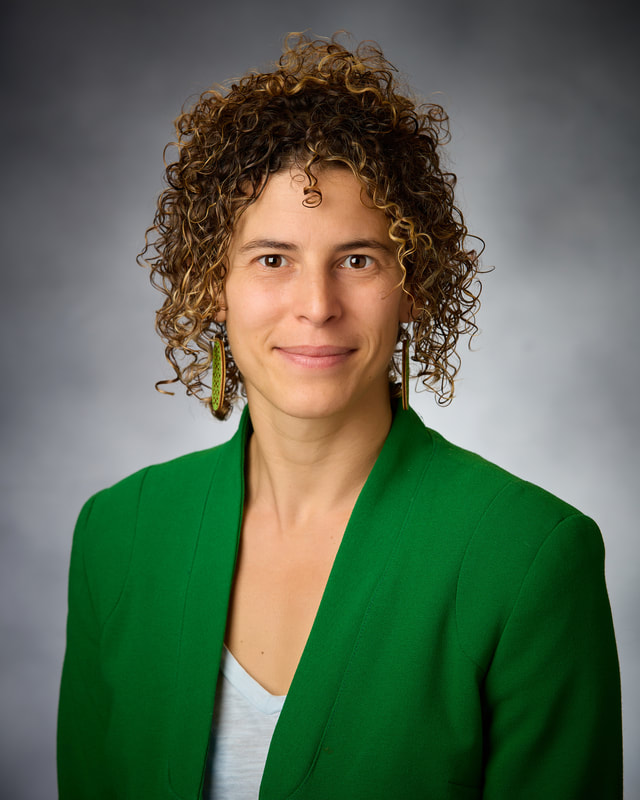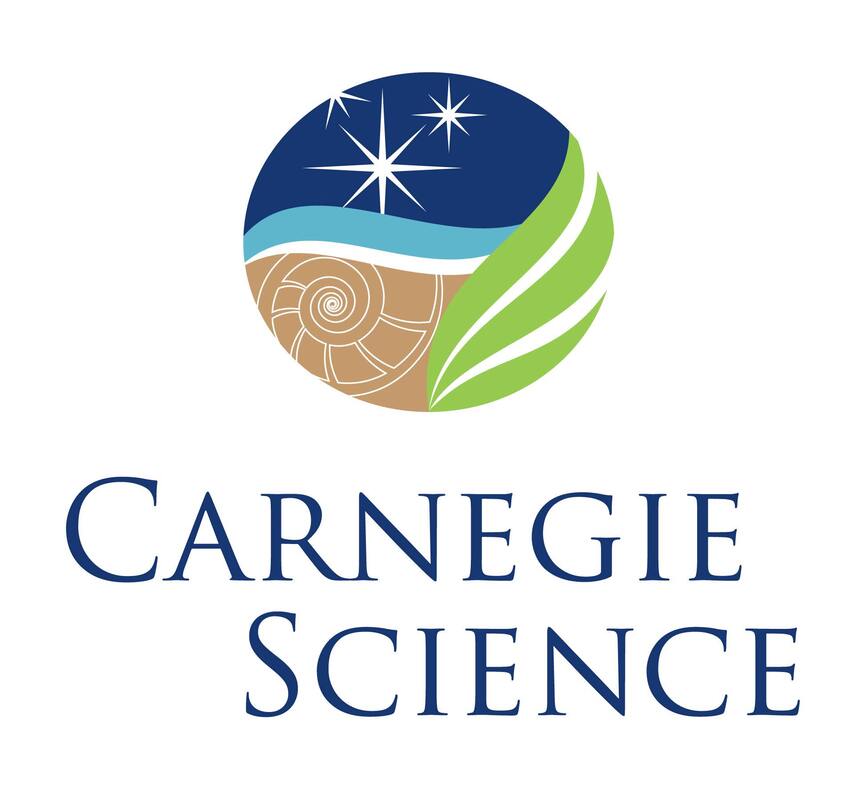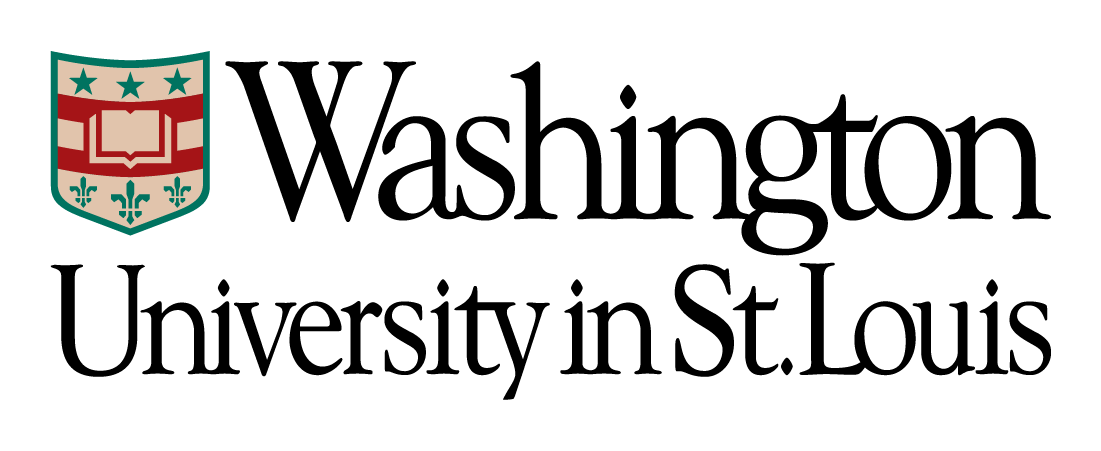Marks expressed that she was fortunate to have been in the lab of Bob VanBuren, who, she says, “let me make mistakes,” and “take risks,” in the research and projects in which she participated.
The opportunities afforded to her via the VanBuren Lab’s participation in the Water and Life Interface Institute (WALII) gave Marks ample training in bioinformatics and genomics—experience which allowed her and fellow researchers to, “pioneer methods for bringing genomics to remote field locations,” she says. Rose has ambitious plans for the future of her lab. She’d like to, “build a global network of collaborators from the [global] South and North to study organisms that have been overlooked by modern science and agriculture,” with the ultimate goal of, “developing more resilient & sustainable agricultural and natural systems.” At this juncture, she’s particularly thankful for the robust support she’s received from her network: training and networking provided by WALII, travel funding provided by MSU’s Plant Resilience Institute (PRI), and the mentorship she’s received from her postdoctoral advisors. Rose is vocal about how these opportunities allowed her to conduct groundbreaking research and contribute new knowledge to her community. She’s committed to fostering these opportunities for others in the Marks Lab, through her new teaching and research opportunities in Illinois.
0 Comments
|
Archives
April 2024
Categories |


 RSS Feed
RSS Feed











